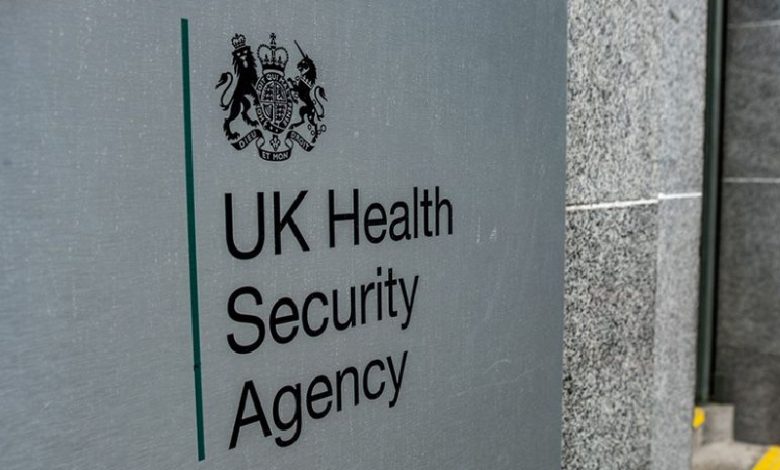10,000 Extra Deaths: Report Raises Serious Concerns Over Climate Crisis In UK

The raging climate emergency could cause up to 10,000 additional fatalities in the UK every year by the 2050s as a result of extreme heat and lure in tropical diseases. The figures come from the UK Health Security Agency’s Health Effects of Climate Change (HECC) report.
The worst-case scenario would see average temperatures rise by 4.3 degrees Celsius, bringing an estimated twelvefold increase in heat-related deaths by 2070. It adds that fatalities could rise by one-and-a-half times in the next decade.
Could The Adverse Effects Be Allayed?
The report highlighted that diseases transmitted by insects could become established across the country due to the arrival of species native to hotter countries. For example, most of England could become suitable habitats for the Asian tiger mosquito by the 2040s and 2050s.
The insect is native to the tropical and subtropical areas of Southeast Asia, and can transmit dengue, Zika and the chikungunya virus. The report demonstrates the impact climate change could have if society fails to take decisive action.
“We can expect major impacts on physical and mental health, while our changing climate will also exacerbate existing health inequalities,” said Prof Isabel Oliver, the chief scientific officer at the UK Health Security Agency (UKHSA).
But the agency also underscored that several of these predictions stem from a worst-case scenario, and many of the adverse effects the climate emergency has on health outcomes could be allayed. Changed behavior and mitigation could help.
Prof Oliver said it is critical that the evidence in the report is used to inform policy and action, noting that many of the anticipated adverse impacts on health are still avoidable through mitigation measures, and others can be prevented by adaptation measures.
Goal To Limit Global Warming To Below 1.5C
High temperatures killed at least 4,500 people in England last year. The report makes clear that the worst health effects of climate change will disproportionately affect communities that are already vulnerable and disadvantaged, thus further widening health inequalities.
Read More: Dimming The Sun To Fight Climate Change Is A Possibility. But Should One Do It?
At the same time, the current global goal of limiting heating to below 1.5 degrees Celsius above pre-industrial levels has widely been accepted to be exceeded within the next five to 10 years, with the planet currently on track to face 2.7 degrees Celsius of heating.



